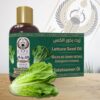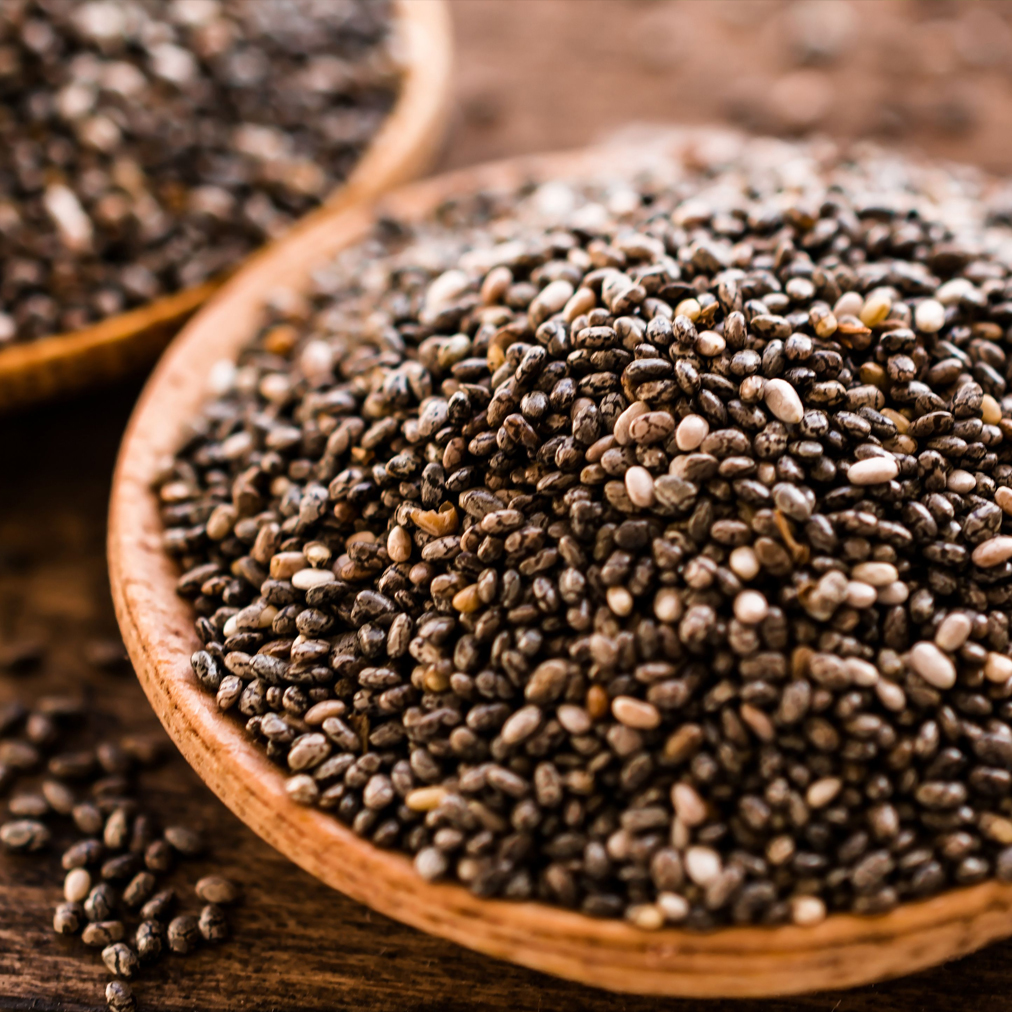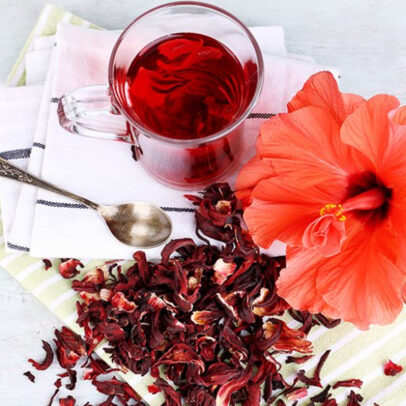Get 25% discount on your first order!

Chia seeds
10.00 $ – 20.00 $
Add to cart
Sale!
10.00 $ – 20.00 $
Chia seeds
- Scientific Name: Salvia hispanica, Family: Lamiaceae
- Parts used: seeds
- Purity: 100%
- Main uses: Highly nutritious, loaded with antioxidants, support weight loss, may lower your risk of heart disease, contain many important bone nutrients, valuable electrolytes, a good Source of iron, may reduce blood sugar levels, a good Source of B-Vitamins and easy to incorporate into your diet.
Weight
Choose an option
Add to cart
Buy Now
Chia is an edible seed that comes from the desert plant Salvia hispanica, grown in Mexico dating back to Mayan and Aztec cultures. “Chia” means strength, and folklore has it that these cultures used the tiny black and white seeds as an energy booster. That makes sense, as chia seeds are a concentrated food containing healthy omega-3 fatty acids, carbohydrates, protein, fiber, antioxidants, and calcium. Their role in assisting weight loss, improving bone health, and improving cardiovascular health, has prompted experts to deem this whole grain option a superfood.
Chia seeds are an unprocessed, whole-grain food that can be absorbed by the body as seeds (unlike flaxseeds). One ounce (about 2 tablespoons) contains 139 calories, 4 grams of protein, 9 grams fat, 12 grams carbohydrates and 11 grams of fiber, plus vitamins and minerals.
The mild, nutty flavor of chia seeds makes them easy to add to foods and beverages. They are most often sprinkled on cereal, sauces, vegetables, rice dishes, or yogurt or mixed into drinks and baked goods. They can also be mixed with water and made into a gel.
Chia seeds provide a simple way to increase your intake of important nutrients. Store the seeds in a plastic or glass container with a tight lid to keep in a cool, dry place such as your pantry or fridge for preserved freshness. Then keep them on-hand to add to your favorite drinks and dishes, from salads to smoothies.
Historically, Aztec and Mayan civilizations used the seeds in their diets, as well as for medicinal purposes, religious rituals, and cosmetics. Today, people all over the world enjoy chia seeds.
Despite their tiny size, chia seeds are highly nutritious. They’re packed with fiber, protein, omega-3 fatty acids, and various micronutrients.
In fact, just 1 ounce (28 grams or 2 tablespoons) of chia seeds contains:
- calories: 138
- protein: 4.7 grams
- fat: 8.7 grams
- alpha-linolenic acid (ALA): 5 grams
- carbs: 11.9 grams
- fiber: 9.8 grams
- calcium: 14% of the Daily Value (DV)
- iron: 12% of the DV
- magnesium: 23% of the DV
- phosphorus: 20% of the DV
- zinc: 12% of the DV
- vitamin B1 (thiamine): 15% of the DV
- vitamin B3 (niacin): 16% of the DV
This nutritional profile is particularly impressive considering that it’s for just a single serving of about two tablespoons.
2. Loaded with antioxidants
Chia seeds are also an excellent source of antioxidants.
Antioxidants protect the sensitive fats in chia seeds from going rancid, and also have a lot of benefit for human health by neutralizing reactive molecules known as free radicals, which can damage cell compounds if they build up in your body.
For example, free radical damage contributes to aging and diseases like cancer.
The specific antioxidants in chia seeds include chlorogenic acid, caffeic acid, myricetin, quercetin, and kaempferol. These may all have protective effects on your heart and liver, as well as anticancer properties.
For example, chlorogenic acid may help lower blood pressure, while caffeic acid has anti-inflammatory effects.
The fiber and protein in chia seeds may benefit those trying to lose weight.
One ounce (28 grams) of chia seeds has close to 10 grams of dietary fiber. That means they’re contain 35% fiber by weight.
Additionally, the protein in chia seeds could help reduce appetite and food intake.
Chia seeds can improve appetite control in a couple of different ways. The fiber and protein they provide promotes blood sugar control, keeping your appetite and energy levels more stable between meals. They also absorb fluid when they’re added to beverages, which may make them even more satisfying.
4. May lower your risk of heart disease
Given that chia seeds are high in fiber and omega-3s, consuming them may reduce your risk of heart disease.
Soluble fiber, the kind primarily found in chia seeds, can help lower total and LDL (bad) cholesterol in your blood. In turn, this can reduce your risk of heart disease.
Nearly all of the fats in chia seeds are of the healthy, unsaturated variety. Mostly are ALA(alpha Linolenic acid), the omega-3 fatty acid in chia seeds. Five of the about 9 grams per serving are omega-3 fats. Consumed regularly, this fat form is linked with a lower risk for cardiovascular problems such as arrhythmias and blocked arteries.
A few human studies found that chia seed supplements significantly reduced blood pressure in people with hypertension, or high blood pressure, which is a strong risk factor for heart disease.
Chia seeds are high in calcium, magnesium, phosphorus, and ALA. All of these nutrients have been linked to improved bone mineral density and bone health.
Many observational studies suggest that getting enough of these nutrients is important for maintaining good bone mineral density, an indicator of bone strength.
- Valuable Electrolytes
Chia seeds provide minerals that serve as electrolytes in your body, producing a charge that helps your muscles and heart function normally. The seeds are particularly good sources of magnesium, providing 95 milligrams per one-ounce (28 grams) serving. They also provide moderate amounts of potassium.
- A Good Source of Iron
Most adults need 8 to 18 milligrams of iron daily. (If you menstruate, particularly heavily, you’ll be on the higher end.) One ounce (28 grams) of chia seeds provides over 2 milligrams of iron, which allows oxygen-rich blood to flow through your body and to your brain.
8. May reduce blood sugar levels
Consuming chia seeds may help with blood sugar regulation, possibly due to their fiber content and other beneficial compounds.
Promisingly, animal studies have found that chia seeds may improve insulin sensitivity. This might help stabilize blood sugar levels after meals.
- A Good Source of B-Vitamins
B-vitamins play important roles in metabolism and cardiovascular health. Chia seeds provide numerous B-vitamins, including thiamin, riboflavin and niacin. At 2.5 milligrams of niacin per ounce, chia seeds can help you meet the daily recommended 14 to 16 milligrams.
Chia seeds are incredibly easy to incorporate into your diet. They taste rather bland, so you can add them to pretty much anything.
They can be eaten raw, soaked in juice, or added to oatmeal, pudding, smoothies, and baked goods. You can also sprinkle them on top of cereal, yogurt, vegetables, or rice dishes. Plus, they work wonders in homemade fritters as a binding agent.
Given their ability to absorb water and fat, you can use them to thicken sauces and as an egg substitute. They can also be mixed with water and turned into a gel.
A common dosage recommendation is 0.7 ounces (20 grams or about 1.5 tablespoons) of chia seeds twice per day. Remember to drink plenty of water to prevent any digestive side effects.
Related products
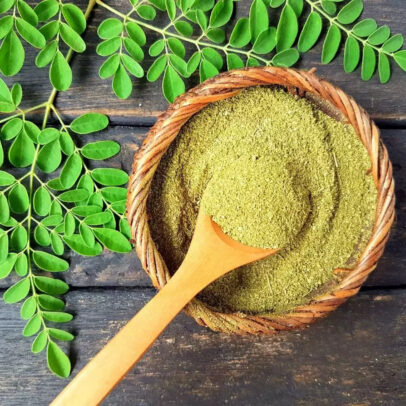
Select options
This product has multiple variants. The options may be chosen on the product page
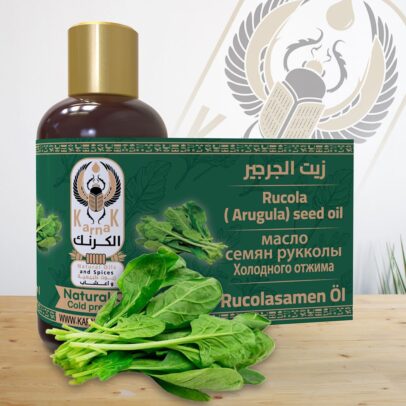
Select options
This product has multiple variants. The options may be chosen on the product page
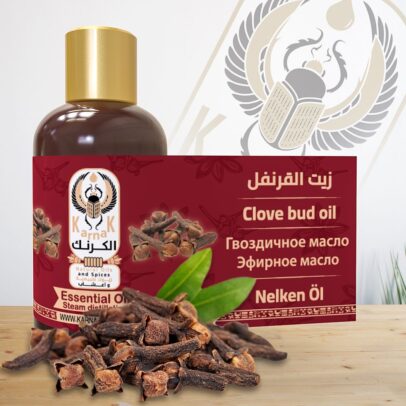
Select options
This product has multiple variants. The options may be chosen on the product page
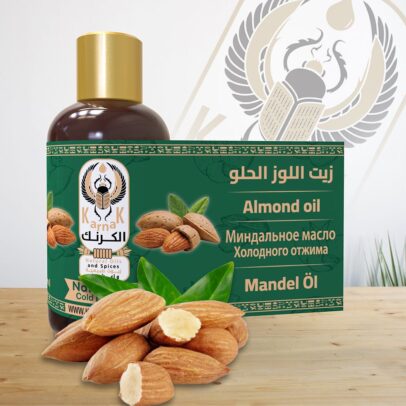
Select options
This product has multiple variants. The options may be chosen on the product page
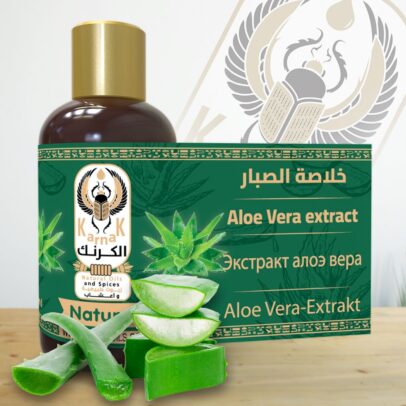
Select options
This product has multiple variants. The options may be chosen on the product page
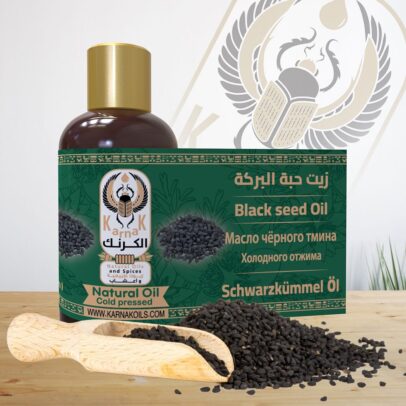
Select options
This product has multiple variants. The options may be chosen on the product page
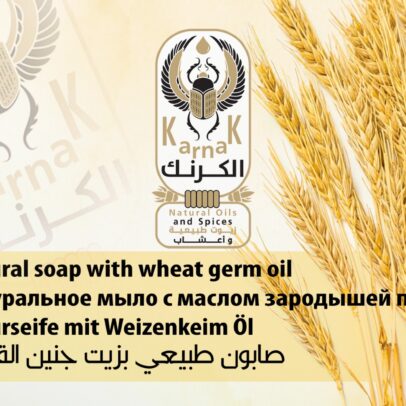
Select options
This product has multiple variants. The options may be chosen on the product page


